|
The first thing we do with students can set the tone for our time together. Starting the period off on the right foot is critical to a successful lesson. Read on to discover five ways to start your class period in engaging and welcoming ways whether you are a general education teacher or an ESL teacher that pulls students out.
This November 2017, I had the honor of being a featured speaker at our state conference, TexTESOL 2017. The event was a huge success- overall due to the hard work that the TESOL IV board put into organizing such a massive conference. The keynote speakers included THE Stephen Krashen and John Seidlitz, both heroes for me in the ELL world. If you've read any of my other posts, you know that I read and recommend several of John's books. And who in the ESL world doesn't love Krashen?
Create a Welcoming Environment
1. The BEST ESL teachers know how to make their students feel safe and valued. They are able to break down the walls of anxiety and fear so students feel ready and eager to learn. These teachers do this by using verbal and nonverbal cues. The way they speak with their students tells them that they are wanted, valued, and loved. These teachers make room for all students. 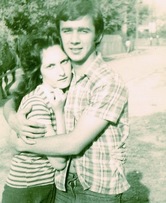 Nearly four decades ago, my parents were young newlyweds in a poor, economically unstable country in Southeastern Europe. They made a very difficult decision to leave almost everything behind and come to America. And they did it for the hope of a better future for their two kids. They left the former Yugoslavia with one suitcase and less than $200 in their pockets. But the dreams they had for us were worth it. They risked everything because they knew what staying there would lead to, and they heard about the promises of America. It wasn’t easy when we first arrived in the states. We didn’t quite fit it. There were the obvious differences like language, clothes and food. Aside from language and clothes, we also smelled different from everyone else. My aunt (who came to America a few years before we did) came when she was in high school. She remembers being called the stinky girl. You see, cabbage is a staple in lower socioeconomic Serbian homes, so I imagine she smelled like cabbage and didn’t realize it. It was normal to her. But she was teased a lot for it back then. I'm sure it was hard for her self confidence. When she was in Yugoslavia, she was a very liked and well respected girl. The change was a shock for a teenage girl. My family spoke no English at all when we got here. None of us, not one. My dad actually learned Spanish before he learned English. His coworkers were mainly Spanish speakers so he started to pick it up pretty quickly. Now some of the words he learned were not appropriate for daily conversation. None the less, he learned Spanish. When my brother and I began elementary school, my parents learned English alongside us. We brought home our spelling list and they learned the words too. It was a game we played. My dad worked so hard to make sure we had a house to live in and food and clothing. He wasn’t home much because he was working and picking up overtime as often as he could, and my mother didn’t drive or speak English. I don’t remember either of them going to a parent teacher conference. I wonder if the teachers thought my parents didn’t care. When on the contrary…they cared A LOT. That’s why we left our home country and everything we knew and loved. Below there's a class picture of me in kindergarten. Look at my little hand knit vest… We wanted desperately to fit in and to be like everyone else. To be accepted. After some time, my family met a Serbian woman who was married to a doctor here in the Houston area. They were well off and coincidentally had 3 kids who were all just a little older than we were. This family donated clothes to us. I can’t tell you how excited we would get when they brought over bags of clothes for us. It was like Christmas X 10! After that, we went to school in Polo and Esprit but they were all hand my downs…donations. People make assumptions all the time. We all do. It’s pretty natural. We were still the same poor family, but on the outside, it may have looked like we had some money or that we spent all our money on clothes. I wonder what people used to think! Anyhow, as a student in elementary school, I was very quiet. I could sit and listen all day without saying a single word. After all, my parents told me to "Be a good girl" and that meant no talking in school. In our culture, the teacher holds all the knowledge. Students are there to learn from the teacher. So I took it all in and unless the teacher explicitly spoke to me, I could go the entire day without speaking in English. Then I would go home and tell my mom everything I learned. Only I would tell her in Serbian. My academic English did not advance as well or as quickly as it possibly could have. Being different is hard for children. Especially those who come here with one culture and then are faced with learning a new culture. Essentially, they have 3 cultures. Their first, the new one and a combination of the two. Here’s the thing…my story is not the only one. It’s one of MANY. This story is happening every day. The ELL population continues to grow in Texas and in the United States. Families from around the world are risking everything, leaving everything because they want a better future for their kids. It’s important to share our stories with one another. It helps us connect and understand each other. And in the absence of knowledge people make up their own stories. |
Categories
All
|
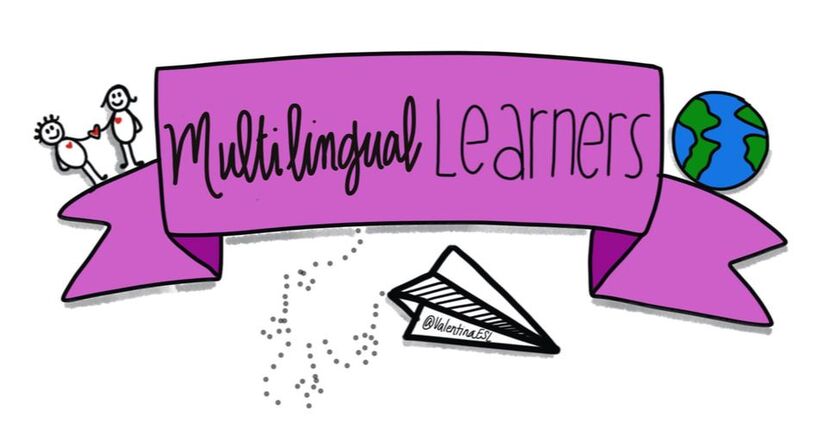
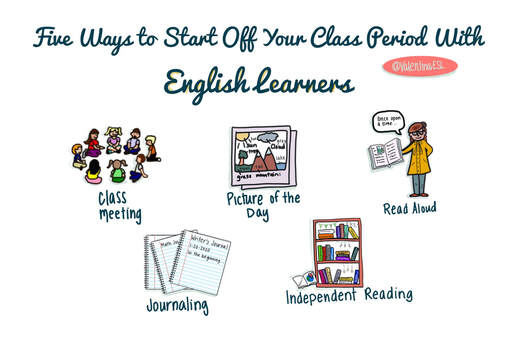
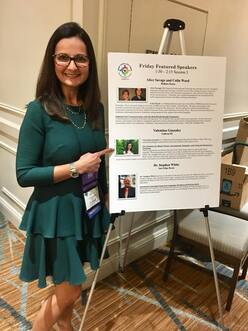
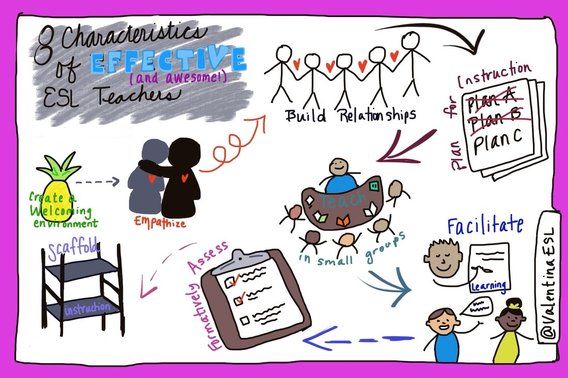
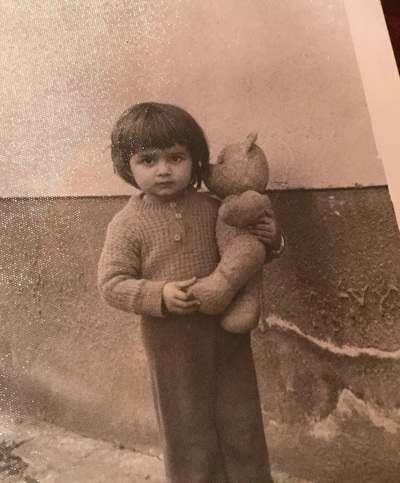
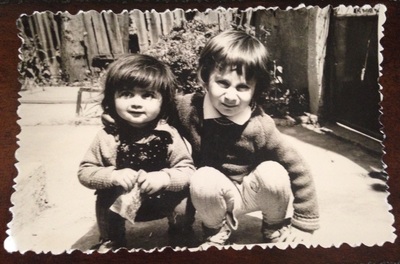
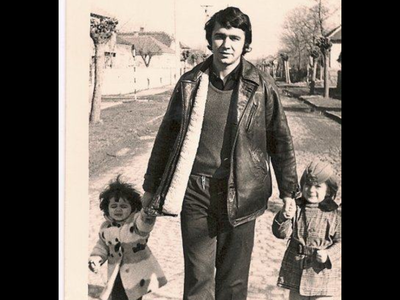
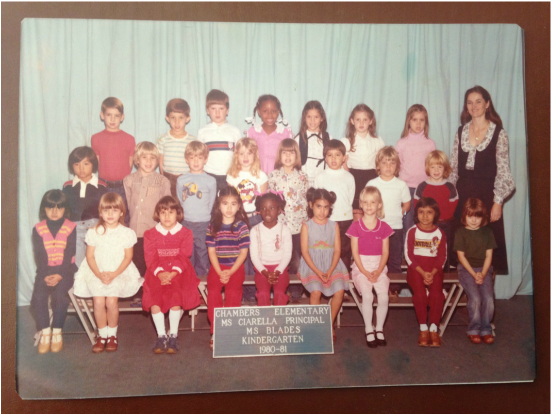
 RSS Feed
RSS Feed
